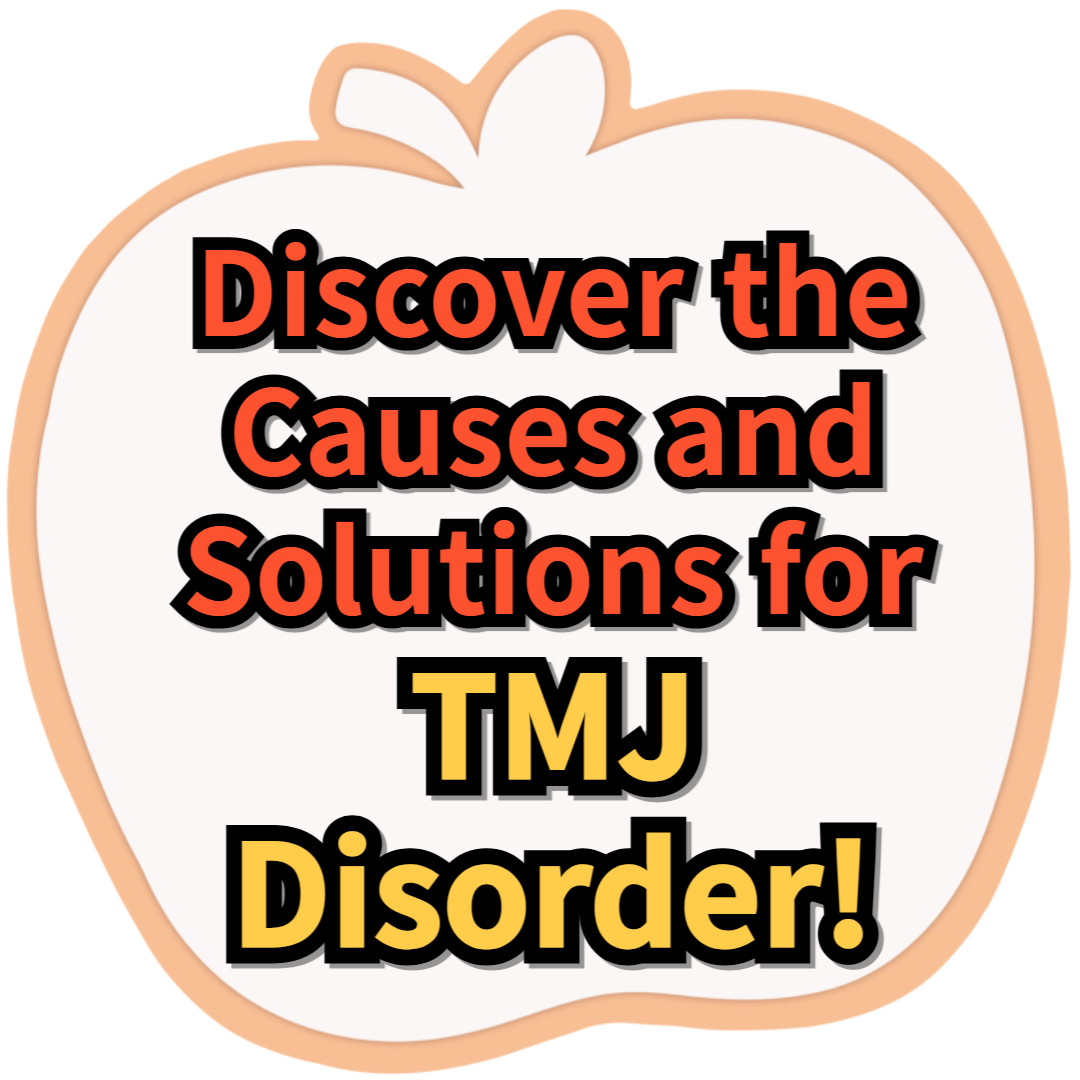Understanding the Symptoms and Causes of TMJ Disorder
Temporomandibular Joint (TMJ) disorder is a condition that affects the jaw joint and surrounding muscles, leading to a variety of symptoms that can significantly impact daily life. Recognizing these symptoms early can help in seeking appropriate treatment and managing the condition effectively.
Common Symptoms of TMJ Disorder
TMJ disorder manifests through a range of symptoms, which can vary in intensity and duration. Here are some of the most common signs to look out for:
Jaw Pain and Tenderness
- Persistent pain in the jaw joint is a hallmark symptom of TMJ disorder. This pain can extend to the face, neck, and shoulders, making it difficult to perform everyday activities like chewing and speaking.
- Tenderness in the jaw muscles is also common, often accompanied by a feeling of fatigue or stiffness in the jaw area.
Clicking or Popping Sounds
- Many individuals with TMJ disorder experience clicking, popping, or grating sounds when opening or closing their mouth. These sounds are usually a result of the misalignment of the jaw joint or damage to the cartilage.
- While these sounds can be alarming, they are not always associated with pain. However, if they are accompanied by discomfort, it is advisable to seek medical attention.
Limited Jaw Movement
- TMJ disorder can restrict the range of motion of the jaw, making it difficult to open the mouth wide or move the jaw from side to side. This limitation can interfere with eating, speaking, and even yawning.
- In severe cases, the jaw may become locked in an open or closed position, requiring immediate medical intervention to prevent further complications.
Causes of TMJ Disorder
The exact cause of TMJ disorder is often difficult to determine, as it can result from a combination of factors:
Physical Injury
- Trauma to the jaw or head, such as a blow or whiplash, can damage the temporomandibular joint and lead to TMJ disorder.
Arthritis
- Conditions like osteoarthritis or rheumatoid arthritis can affect the TMJ, causing inflammation and pain.
Teeth Grinding and Clenching
- Bruxism, or the habit of grinding or clenching teeth, especially during sleep, puts excessive pressure on the jaw joint and can contribute to TMJ disorder.
Preventing TMJ Symptoms from Worsening
Effective management of TMJ disorder involves a combination of self-care practices, medical treatments, and lifestyle adjustments. Here are some strategies to consider:
Self-Care Practices
- Applying ice or heat packs to the affected area can help reduce pain and inflammation. Gentle jaw exercises and stretches can also improve mobility and relieve tension.
- Avoiding hard or chewy foods, practicing good posture, and reducing stress through relaxation techniques can further alleviate symptoms.
Medical Treatments
- Over-the-counter pain relievers and anti-inflammatory medications can provide temporary relief from TMJ symptoms. In some cases, doctors may prescribe stronger medications or muscle relaxants.
- Physical therapy, dental splints, and orthodontic treatments can help correct jaw alignment and reduce strain on the jaw joint.
Lifestyle Adjustments
- Making lifestyle changes such as avoiding excessive jaw movements, practicing stress management techniques, and maintaining a healthy diet can significantly improve TMJ symptoms.
- Regular follow-ups with healthcare providers are essential to monitor the condition and adjust treatment plans as needed.
Can Stress Worsen TMJ Symptoms?
Stress is a significant factor that can exacerbate TMJ symptoms. When stressed, individuals may clench or grind their teeth more frequently, increasing the strain on the jaw joint. Additionally, stress can lead to muscle tension in the jaw, neck, and shoulders, further aggravating TMJ symptoms.
Stress Reduction Techniques
- Practice relaxation techniques such as deep breathing, meditation, and yoga to reduce overall stress levels.
- Engage in regular physical activity, which can help alleviate stress and improve overall well-being.
Healthy Habits
- Ensure you get adequate sleep and maintain a balanced diet to support your body’s ability to cope with stress.
- Avoid stimulants like caffeine and nicotine, which can increase stress and muscle tension.
Professional Support
- Seek support from a mental health professional if stress becomes overwhelming. Cognitive-behavioral therapy (CBT) and other therapeutic approaches can help manage stress effectively.
Conclusion
TMJ disorder can be a challenging condition to live with, but understanding its symptoms, causes, and management strategies can make a significant difference. By recognizing the signs early and adopting effective management techniques, individuals with TMJ disorder can lead a more comfortable and pain-free life. If you suspect you have TMJ disorder, consult with a healthcare professional to explore your treatment options and develop a personalized care plan.
Related Articles You Might Enjoy. 3 Best Toothpastes for Sensitive Teeth: Expert Tips and Natural Solutions
